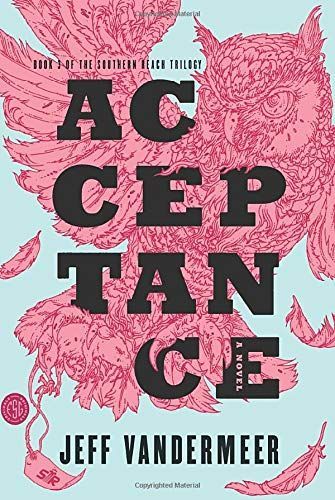
Reviews
Karolina@fox
Laura Walden@lauracwalden
Chloe @chlobobaggins
aisha@aishas
Anna @ann_omalia
Ryan Mateyk@the_rybrary
Barış Yarsel@pagan
Holly@tolya
Eitan Hershkovitz@ehershkovitz
Kimber Severance @kimberseverance
jaz ☁️@whatjazreads
Ed Kay@edk
Dave | Storyphoria@storyphoria
Hana @hana9
Stephanie Highfield @shighfi
James Eaton@jameseaton
Alfredo santos@alf
nonchi@nonchi
Fraser Simons@frasersimons
Emmett@rookbones
jiaqi kang@jiaqi
Sheila@duchess
Maxie Froelicher@colonelwinnant
Amanda Valentin@valentin07
Highlights
Sabrina D. @readingsofaslinky
Page 302
Sabrina D. @readingsofaslinky
Sabrina D. @readingsofaslinky
Page 182
Sabrina D. @readingsofaslinky
Page 181
Sabrina D. @readingsofaslinky
Page 180
Sabrina D. @readingsofaslinky
Page 180
Sabrina D. @readingsofaslinky
Page 179
Sabrina D. @readingsofaslinky
Page 179
Sabrina D. @readingsofaslinky
Page 172
Sabrina D. @readingsofaslinky
Page 171
Sabrina D. @readingsofaslinky
Page 123
Sabrina D. @readingsofaslinky
Page 115
Sabrina D. @readingsofaslinky
Page 115
Sabrina D. @readingsofaslinky
Page 114
Sabrina D. @readingsofaslinky
Page 110
Sabrina D. @readingsofaslinky
Page 104
Sabrina D. @readingsofaslinky
Page 99
Sabrina D. @readingsofaslinky
Page 99
Sabrina D. @readingsofaslinky
Page 98
Sabrina D. @readingsofaslinky
Page 96
Sabrina D. @readingsofaslinky
Page 95
Sabrina D. @readingsofaslinky
Page 92
Sabrina D. @readingsofaslinky
Page 92
Sabrina D. @readingsofaslinky
Page 87